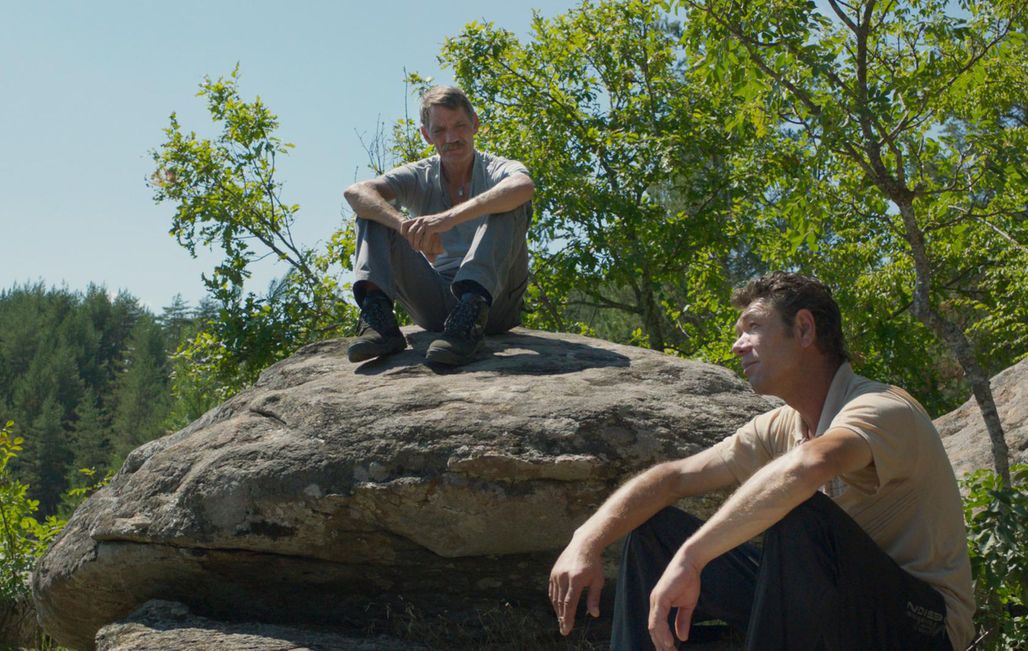
Western, an interview with Valeska Grisebach

German director Valeska Grisebach, known for her collaborative filmmaking skill and her openness to improvisation, now turns her hand to the western genre in this feature, with its themes of cultural diversity and the 'welcome' we extend to foreigners. Western describes the tensions between a group of German workers on a grim building site in Bulgaria and the inhabitants of a neighbouring village.
What inspired you to begin work on this film ?
I grew up with the western genre, sitting in front of a TV set in 1970s West Berlin. I felt the urge to return to it: it captivated me in a profound way. I wanted to grapple with the lonely, melancholic heroes and male mythology it portrays. I was excited by the genre's modernity – despite all its conservative elements – in its attempt to capture social construction and individual responsibility, yet still fraught with its own contradictions. I was interested in the intimacy of the duel, the inversion of 'love at first sight'.
Please describe your working method and the atmosphere on set.
I never start out with a story. Instead, I have a topic that then guides my personal, associative research. I’m always happy when I’ve written a story that acts as a framework from which I can embark on the adventure in league with the actors and everyone involved. We then discover together what the film's made of and eventually the whole thing just jumps off the page. I find it very exciting to enter into a continuous confrontation with a fictional story where reality and fantasy are sparring partners. Things that are perfectly planned unnerve me.
Please share a few words about your actors.
All the actors have other jobs. I approached Meinhard Neumann, the lead actor, at a horse market in Brandenburg. I knew I wanted to make a movie with him. With the other actors too, there was an immediate kind of spark. Still, there was a long process of getting to know each other, of casting and auditions, to sort out with everyone involved whether and how we could make this film together.
What did you learn during the course of making this film ?
I really enjoyed shooting in Bulgaria. It suited my often spontaneous approach. In the towns there, they’re used to things changing at short notice, having to pull something together or finding quick fixes to problems. They tend to see extensive planning as irritating. I found their talent for improvisation as well as their unassuming trust that the project would somehow work out to be extremely productive – and something of a relief. For me, shooting this movie in a foreign language in a place where I’m not at home – control freak that I am, despite all my hunger for surprise – was a very positive exercise in giving up control.
What sources of artistic inspiration have you drawn on in your work ?
There’s an anecdote about Milos Forman, who during his first feature, Black Peter, confiscated his actors' scripts shortly before they began shooting. That inspired me from the beginning and encouraged me to communicate a script verbally, to describe the scenes and dialogue out loud. I longed for that blurring, the imperfection, the gap between intention and the moment when it happens. Through every project, there are films that accompany me. During Western, for example, it was The Passenger. I can never resist the lure of Antonioni, the challenge to consider the architecture and mechanism of his movies. For me personally, it’s the people, faces and moments – what you read between the lines – that set everything in motion during filmmaking.


